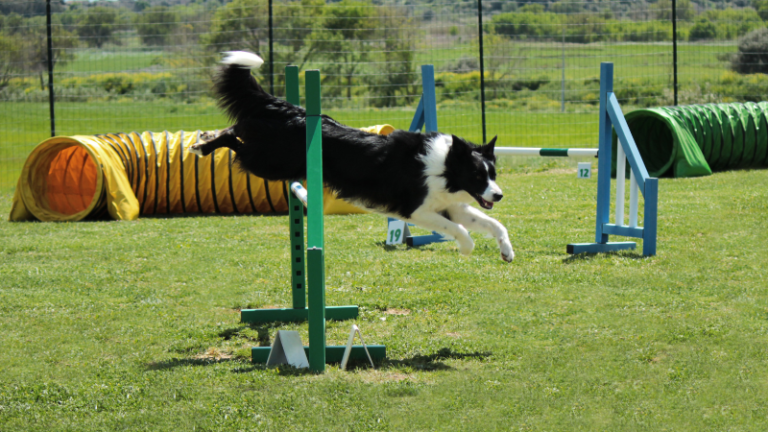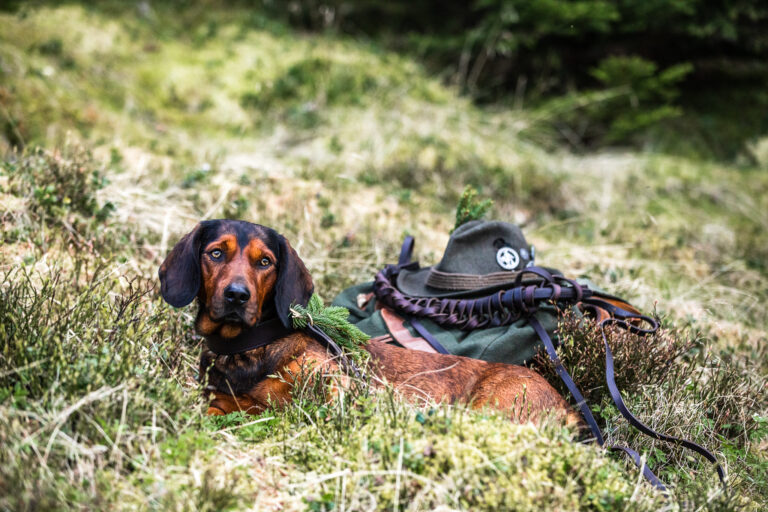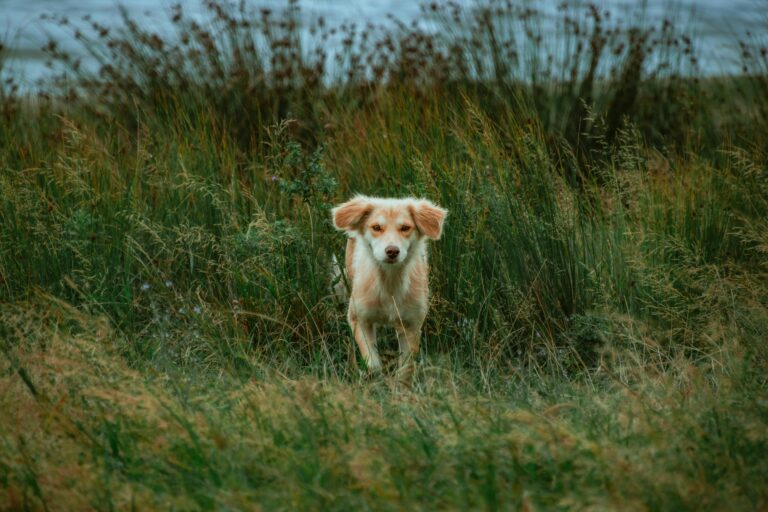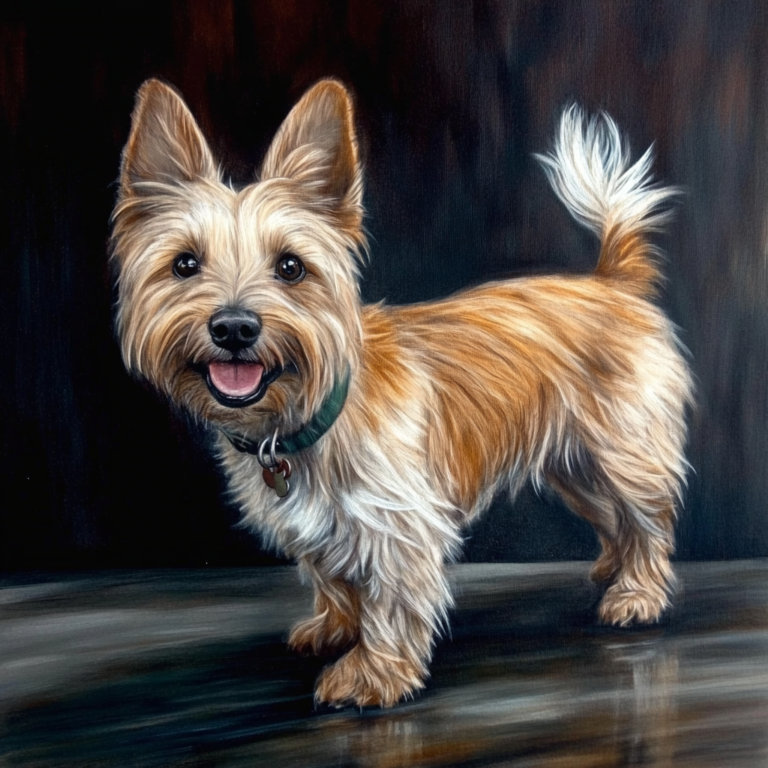The Mudi, pronounced “moody,” is a highly trainable herding dog renowned for its alertness, activity, and intelligence. These rare Hungarian dogs belong to the Hungarian herding group and are a true treasure for dog lovers seeking a versatile and loyal companion.
A Few Facts About the Mudi
- Origin: Hungary
- Size: Medium (14-20 inches at the shoulder, 8-13 kg)
- Breed Group: Herding Dogs
- Life Span: 12-15 years
- Coat: Medium-length, double coat in various colors (black, white, brown, fawn)
- Temperament: Intelligent, active, loyal
- Exercise Needs: High
- Training Needs: Moderate
- Health Concerns: Hip dysplasia, elbow dysplasia, eye problems
History of the Mudi
The Mudi originated in Hungary through the natural crossbreeding of German Spitz-type dogs and other Hungarian herding breeds such as the Puli and Pumi. Originally known as “driver dogs,” Mudis assisted shepherds in managing large flocks of up to 500 sheep. In 1936, Dr. Dezso Fenyes, a breeder and museum director, recognized the Mudi as a distinct breed. Despite their population being nearly wiped out after World War II, Mudis have been reestablished thanks to dedicated breeders and enthusiasts. Today, there are only a few thousand Mudis worldwide, primarily in Hungary and Finland, where they serve as rescue dogs in the mountains.
Appearance and Size
The Mudi is a medium-sized dog, standing between 35 and 50 cm at the shoulder and weighing between 8 and 13 kg. Its coat is medium-length, wavy or curly, with shorter fur on the face and legs. Mudis come in various colors, including black, brown, white, fawn, gray, or a marbled mix of black and gray. Their coat is low-maintenance as it repels dirt and debris and sheds minimally.

Personality and Temperament
Mudis are extremely intelligent and quick learners who strive to please their owners. They are energetic and require plenty of exercise and mental stimulation to stay happy and balanced. These dogs are vigilant and make excellent watchdogs, reacting swiftly to unusual sounds or activities. Despite their active nature, Mudis can also be calm and relaxed when their needs for movement and engagement are met.
Care and Health
Coat Care
The Mudi’s double coat requires minimal maintenance. Weekly brushing is usually sufficient to keep the coat free from tangles and remove loose hairs. Bathing is only necessary when needed, such as after a swim. In the spring, Mudis shed more heavily, and their coat grows back by the end of summer.
Health
Mudis are generally healthy dogs but can be prone to certain genetic conditions, including:
- Hip Dysplasia: An orthopedic condition causing pain and mobility issues.
- Elbow Dysplasia: A developmental disorder of the elbow joint that can lead to lameness.
- Luxating Patellas: Displacement of the kneecap, causing pain and difficulty walking.
- Cataracts: An eye condition that can impair vision.
- Epilepsy: A neurological disorder characterized by recurrent seizures.
Regular veterinary check-ups and responsible breeding practices can help minimize these health issues.
Training and Socialization
Mudis are highly trainable dogs that respond quickly to positive reinforcement. They excel in various dog sports such as agility, obedience, and herding trials. Early socialization is crucial to ensure that Mudis interact well with people and other animals. Strict training methods and punishment should be avoided, as Mudis are sensitive and can react negatively to harsh treatment.
Nutrition
A Mudi’s diet should be tailored to its size, age, and high energy needs. It is advisable to consult a veterinarian or a professional nutritionist to ensure the correct amount and quality of food. A balanced diet promotes the dog’s health and well-being.
Exercise Needs
Mudis are very active dogs that require ample daily exercise and mental stimulation. Long walks, jogging, outdoor games, and dog sports are ideal to channel their energy. Without sufficient activity, Mudis may develop destructive behaviors such as digging, chewing, or excessive barking.

Mudi with Children and Other Pets
Mudis can get along well with children and other pets if they are properly socialized from an early age. They are loyal and protective but do not tolerate rough play or mistreatment. Children should be taught to interact respectfully with Mudis, and all interactions should be supervised. Proper socialization helps prevent aggression towards other dogs.
Adoption and Breeding
When considering purchasing a Mudi, it is advisable to prioritize adoption from rescue organizations or shelters to provide a loving home to a dog in need. If you decide to buy a Mudi puppy, it is important to choose a reputable breeder. Ensure that the breeder follows ethical practices, prioritizes the health and temperament of the dogs, and provides a nurturing environment for the puppies. A recommended German reference for reputable Mudi breeders can be found here.
Conclusion
The Mudi is an exceptional dog breed that stands out for its intelligence, energy, and loyalty. They are ideal for active families and individuals seeking a versatile and dedicated dog. With proper care, sufficient exercise, and loving training, a Mudi can be a faithful and happy companion, bringing joy and dynamism to any household.









